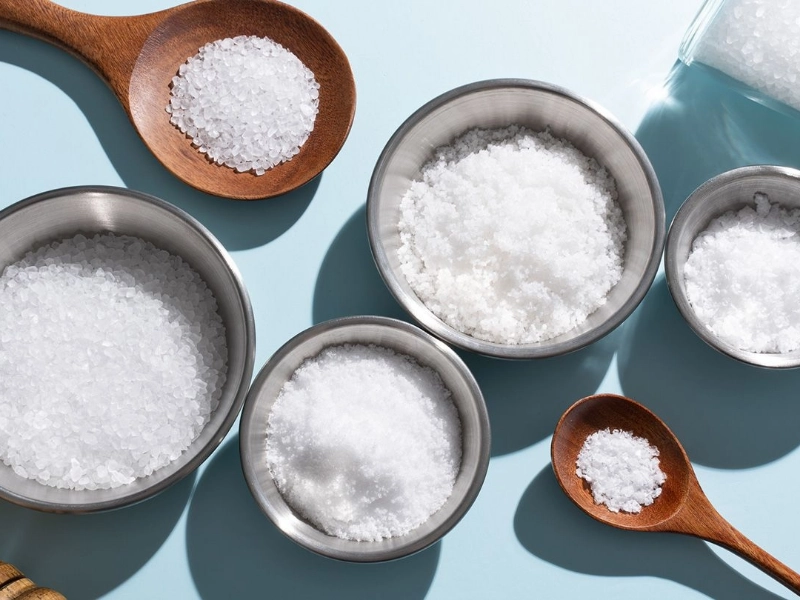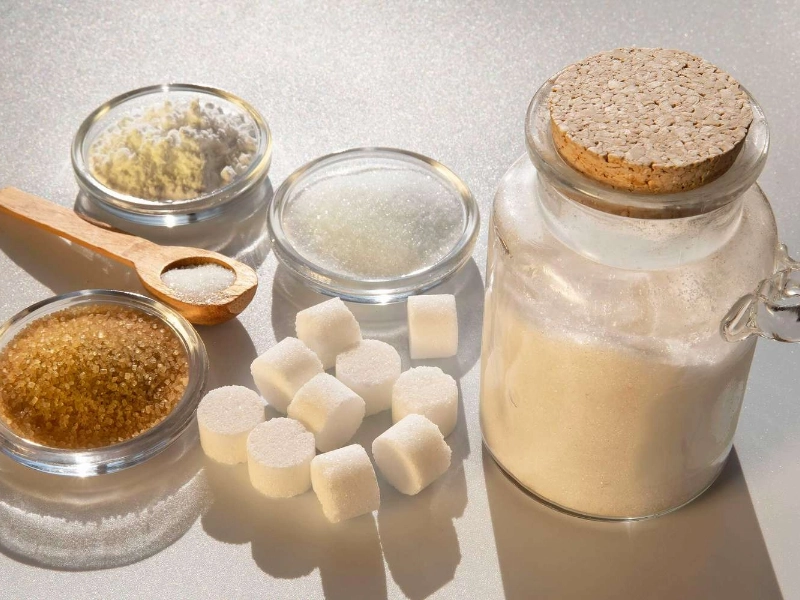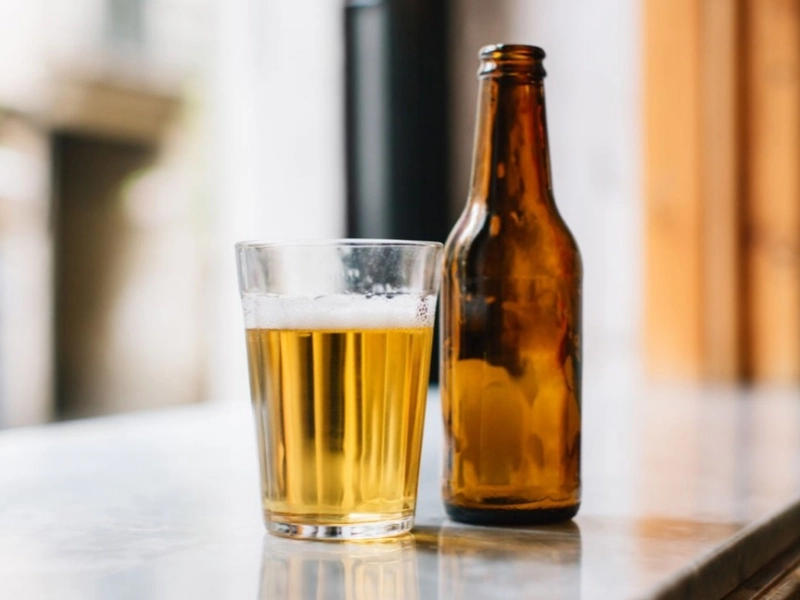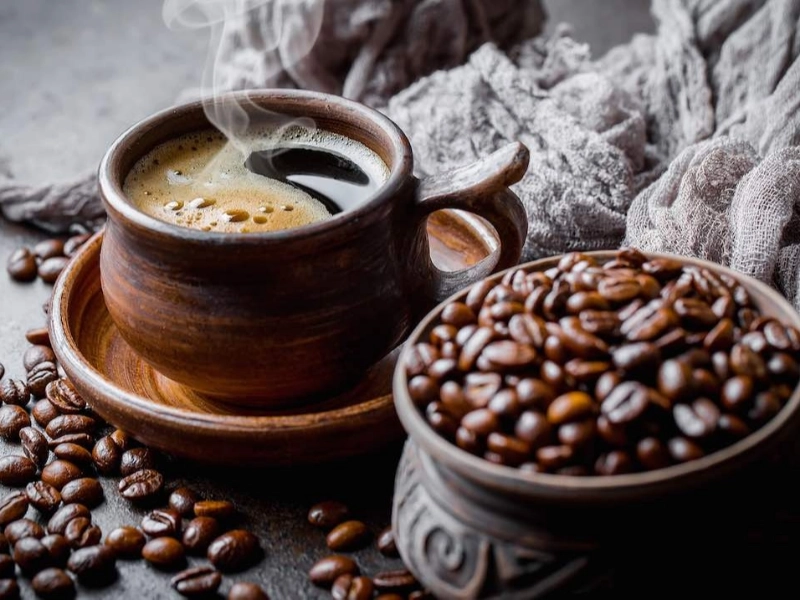Advertisement
1. Salt

Advertisement
Salt, composed primarily of sodium and chloride minerals, is an essential nutrient required for various processes in the body. Unfortunately, excessive consumption can lead to serious health problems, including high blood pressure and heart disease.
If you have high blood pressure, you can reduce your risk of heart disease by reducing your salt intake and monitoring your salty snacks. In addition, avoiding alcohol, smoking, and stress are all effective strategies for maintaining a healthy heart. However, the most effective way to reduce your risk of developing high blood pressure is to eat a nutritious diet rich in fruits and vegetables.
2. Sugar

Addictive sugar, commonly found in processed foods and beverages, can lead to weight gain and high blood pressure. This increase in systolic blood pressure increases the likelihood of developing other health complications such as metabolic syndrome and non-alcoholic fatty liver disease. Sugar can
actually increase blood pressure by increasing levels of uric acid in the bloodstream. Uric acid inhibits the production of nitric oxide, a natural chemical that keeps blood vessels flexible and healthy.
3. Alcohol

Consuming too much alcohol, especially frequently, can have a negative impact on blood pressure. People with a history of heavy drinking (defined as 14 or more drinks per week) are 2.4 times more likely to have Stage 2 hypertension and 69% more likely to have Stage 1 hypertension than non-drinkers.
Good news: Most people with high blood pressure can lower their blood pressure by reducing or completely stopping alcohol consumption. Talk to your doctor today to determine if this is possible and get started on this important step.
4. Caffeine

Caffeine is a stimulant commonly found in coffee, tea, soft drinks, candy bars, and energy drinks. It may also be found in some prescription and non-prescription medications, such as painkillers. Some
people may experience a temporary increase in blood pressure after consuming caffeine, but these effects usually wear off after a few hours.
After consuming caffeine, blood pressure may temporarily increase for about 3 hours. To reduce this risk, try to reduce your alcohol consumption over an extended period of time.



